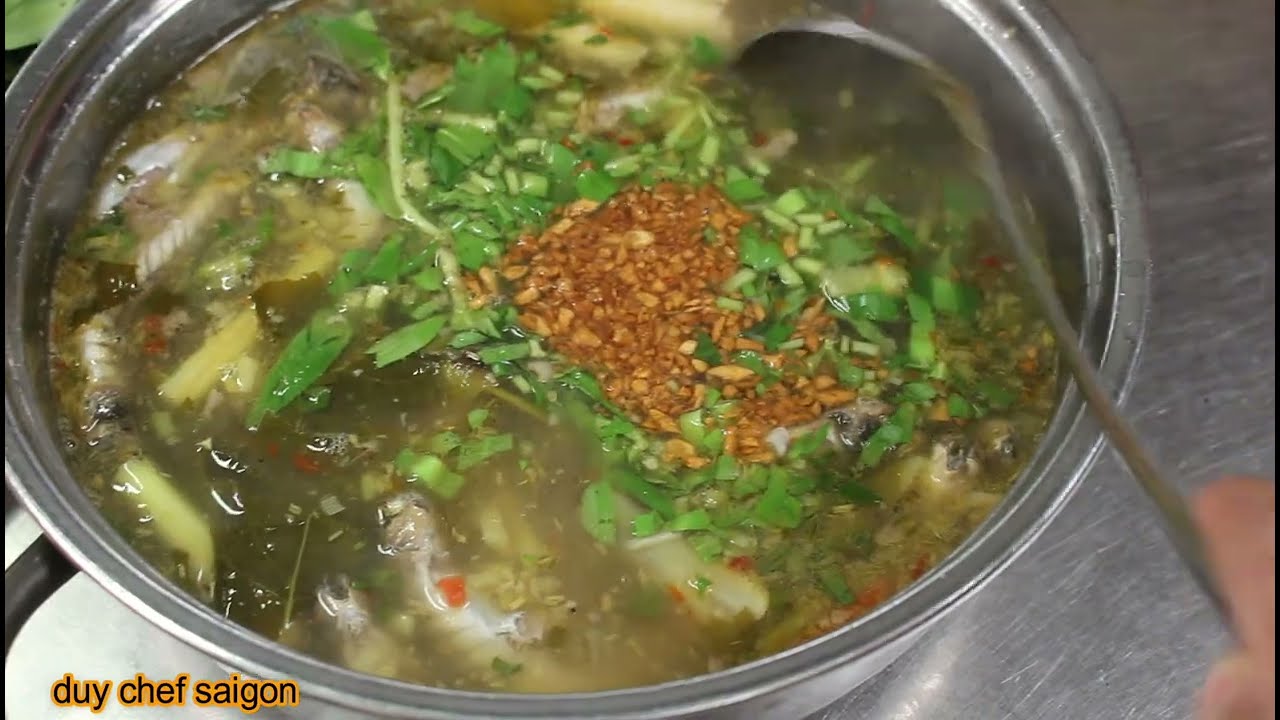No products in the cart.
[Hướng Dẫn Nấu Món Unohana: Bí Quyết Từ Chuyên Gia] Unohana là món ăn truyền thống của Việt Nam, được yêu thích bởi hương vị thơm ngon, đậm đà và cách chế biến đơn giản. Món ăn này thường được chế biến từ thịt heo, nước mắm, đường, tỏi, ớt,… và được kết hợp với […]

